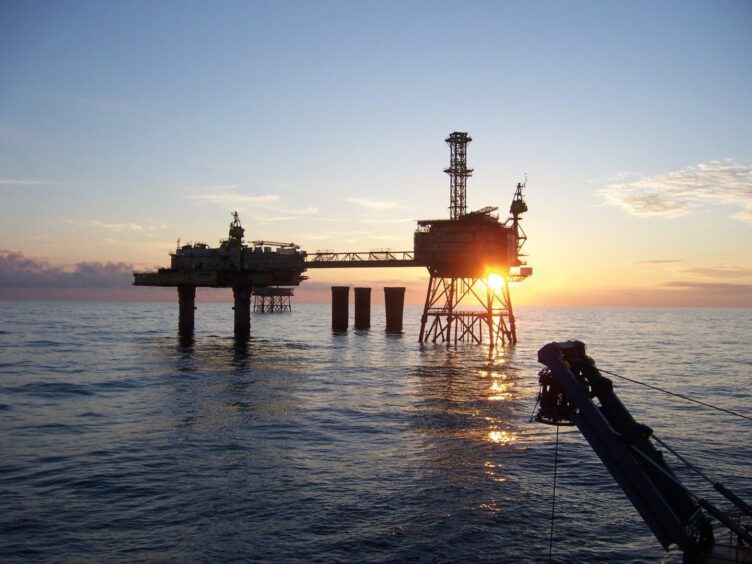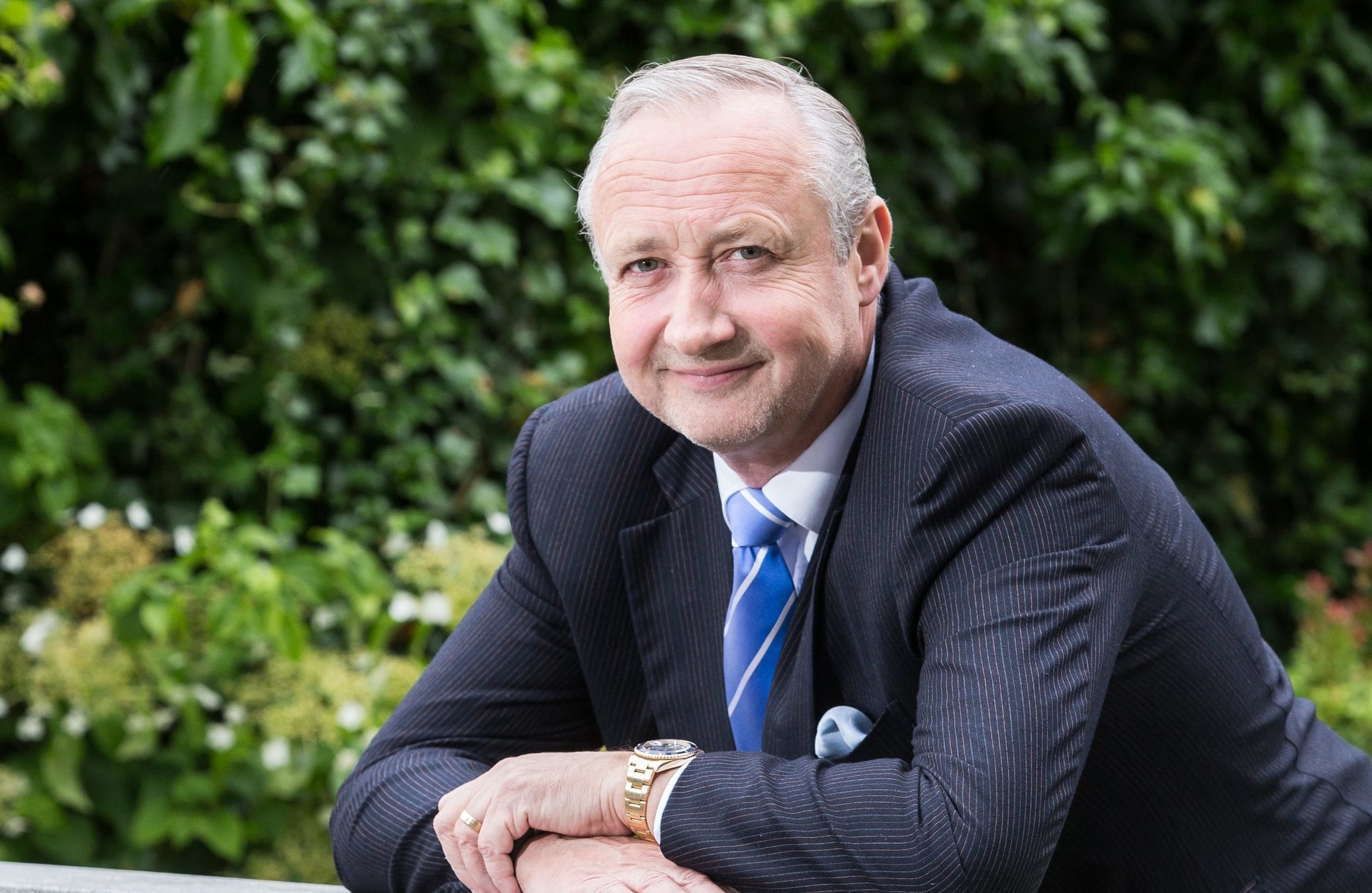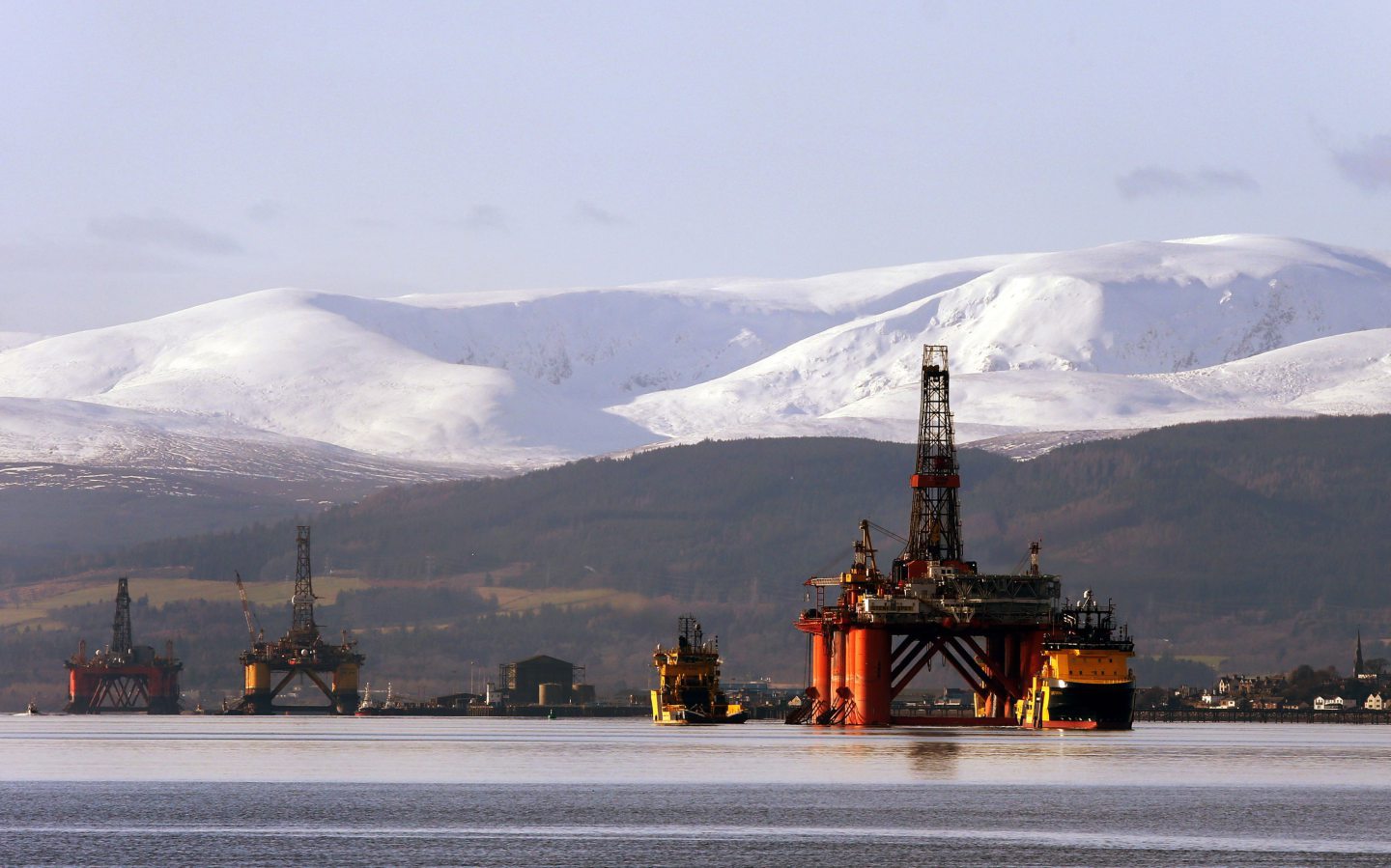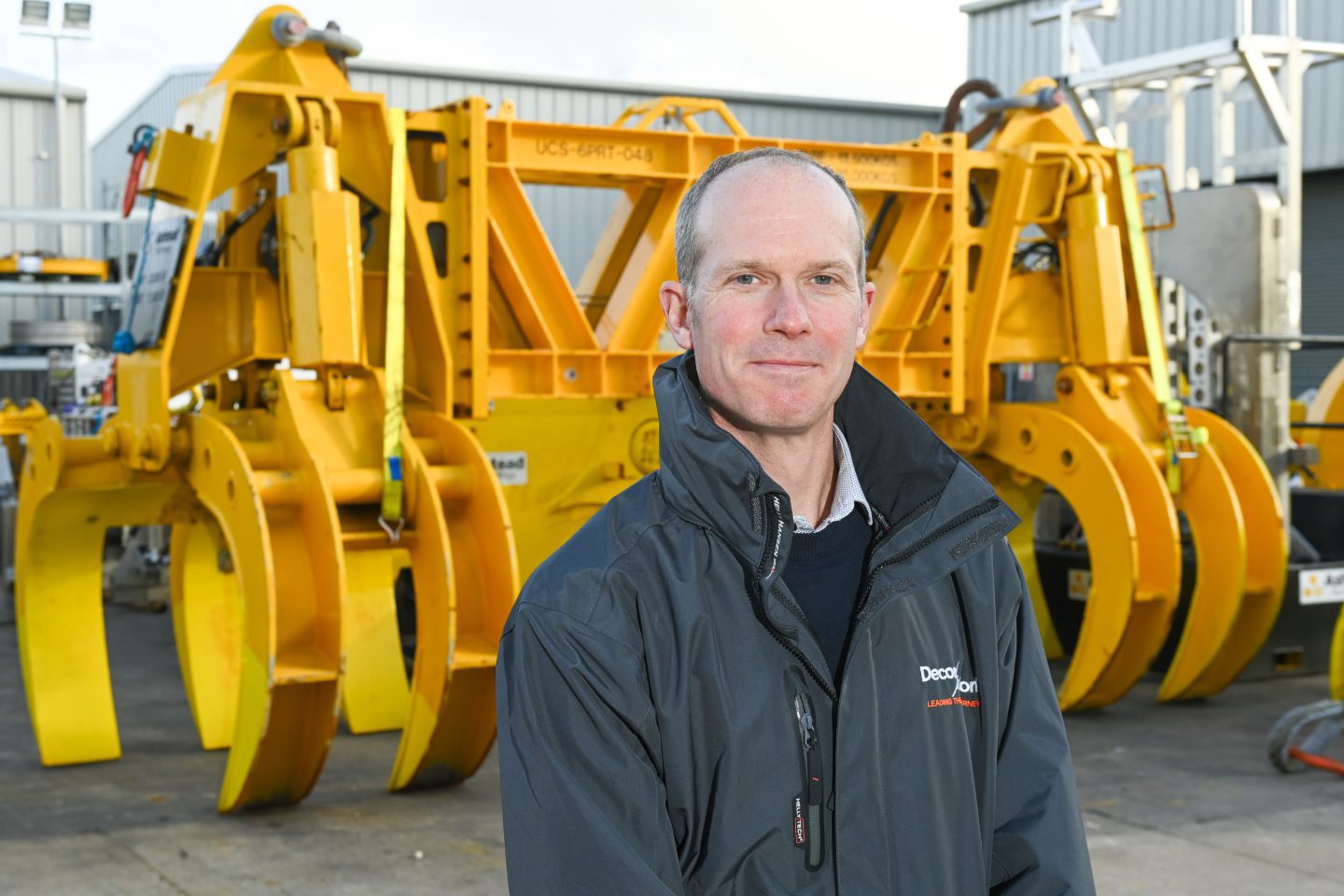
A North Sea industry veteran has expressed concerns about the UK’s ability to deliver on its decommissioning responsibilities, as well as doubts over the potential economic benefits.
Speaking from the floor of the conference at the Subsea Expo event in Aberdeen, Mark Patterson lamented the fact that the decommissioning sector is still facing many of the same challenges it faced over a decade ago.
Patterson co-founded decommissioning-focused rig operator Well-Safe Solutions in 2017, before retiring from the Aberdeen firm in 2019.
Despite an estimated £40 billion overall spend on North Sea decommissioning, Patterson expressed scepticism over the short-term opportunities for the UK supply chain.
“10 years ago, I sat and listened to the same stories about decommissioning and all the challenges, and nothing’s really changed,” he said.
“I founded Well-Safe in 2017 and we came up with what we thought was a solution, and here we are 10 years on, and I understand the Well-Safe Guardian is sitting in Cromarty Firth with no work for a year.”
Patterson also said he wondered about the UK industry’s ability to fund decommissioning activity given the current North Sea fiscal regime.
“The governments, or the politicians, over the last few years have totally screwed the operators with windfall tax, so there’s no cash available, really, to go and do decommissioning,” he said.
“Our country is just about bust. Treasury will pay about 50% to 70% of the cost of decommissioning, and we’ve no money.
“So I just don’t see how there’s a fix to this unless, again, more collaboration, we can find out where the money is and how we can move this forward.
“And so, if you think there’s a big opportunity coming in the short term [for the UK supply chain], I just don’t see it.”
North Sea decommissioning challenges
In response to Patterson’s comments, a Well-Safe Solutions spokesperson said: “The Well-Safe Guardian is currently on standby before it returns to a client project in the North Sea.”
His comments come amid a raft of challenges facing both operators and the supply chain in North Sea decommissioning.
Costs for decommissioning projects are continuing to rise, while project timelines are often significantly delayed.
Supply chain constraints and technical and financial challenges are among the “speed bumps” facing UK decommissioning according to analyst firm Wood Mackenzie.
Meanwhile, the North Sea Transition Authority (NSTA) regulator is preparing to dish out fines and name and shame operators that are failing to meet decommissioning deadlines.
With continued uncertainty around decommissioning timelines, supply chain firms are looking to overseas markets to secure work, leading to fears assets such as rigs will be in short supply for future offshore wind and carbon capture projects in the North Sea.
Financial viability challenges
Responding to Patterson’s comments, Decom Mission chief executive Sam Long said while the industry body aims to promote the UK sector and the need for decom spending, he recognised that the “concern about how financially viable it is remains”.
“We are getting there, very, very slowly, but it doesn’t mean that the finances are working out,” he said.
Long said UK policymakers should recognise importance of decommissioning work to avoiding further deindustrialisation within the offshore energy sector.
“The risk is we lose these sites and the capability and then we’re never back in that part of the activity again,” he said.
It’s a message Long said he delivered to UK ministers during a recent select committee appearance Westminster.
“Decommissioning has got the attention of ministers, they recognise it as a bridge activity [between oil and gas and renewables],” he said.
“We need to think of it that way.”
UK’s ‘first mover advantage’ on decom
But Long also expressed optimism in opportunities which could come from the UK North Sea’s position as the world’s most mature offshore basins.
“I would say right now we’ve got first mover advantage, and we need to make sure we use that,” he said.
“If we don’t take advantage of that and do the knowledge transfer into other basins, those basins will eventually catch up.
“Places like Australia are starting to become active markets, and these active markets are picking up volume.”
Despite the opportunities, the UK industry is “not executing enough sustainable work to maintain our supply chain”, Long added.
“The irony being the rest of the world wants our supply chain at the same time,” he said.




